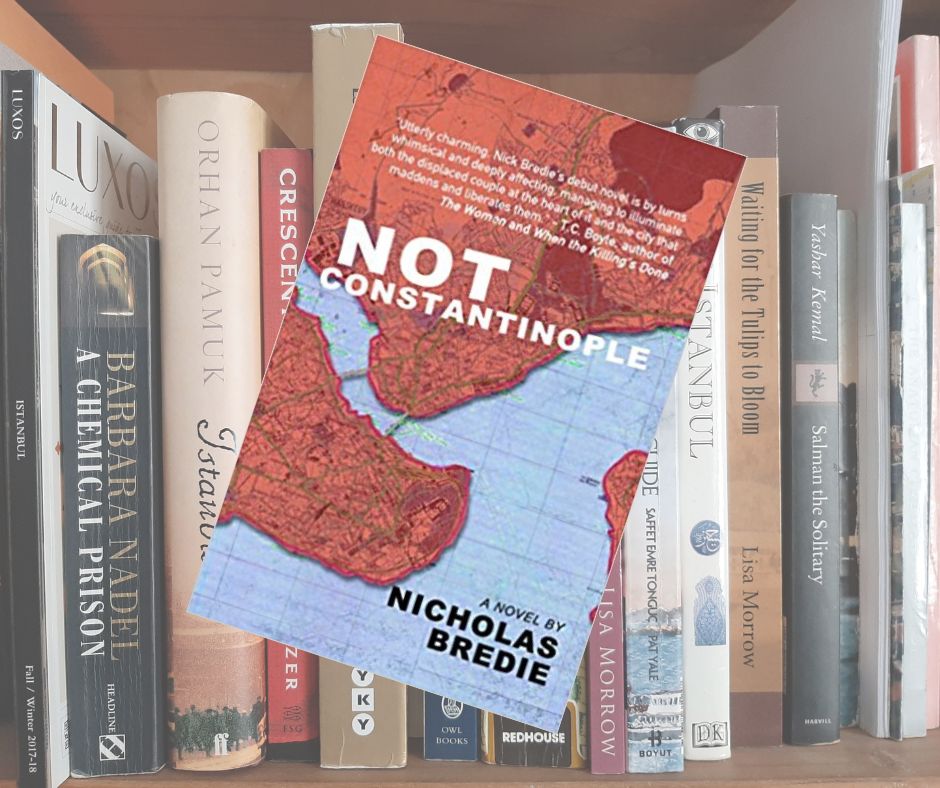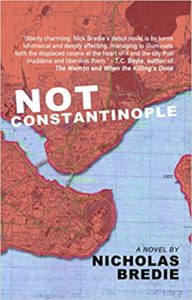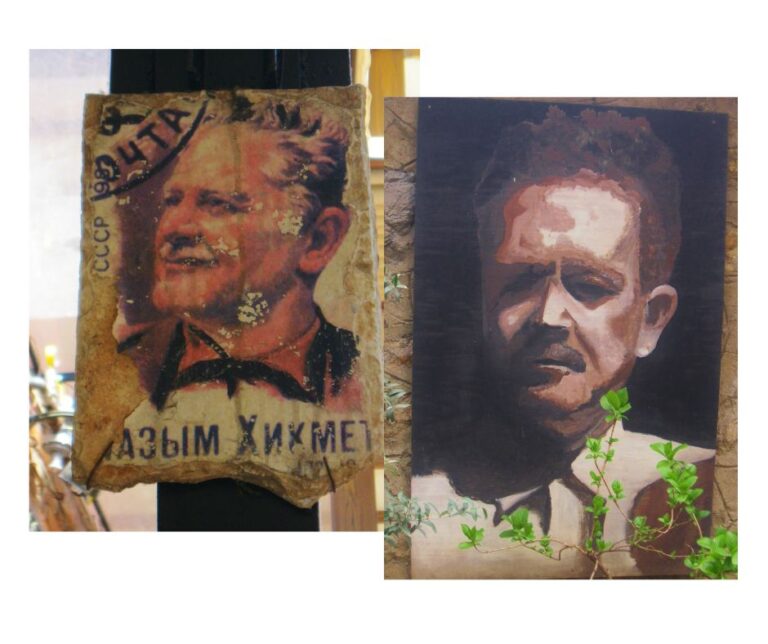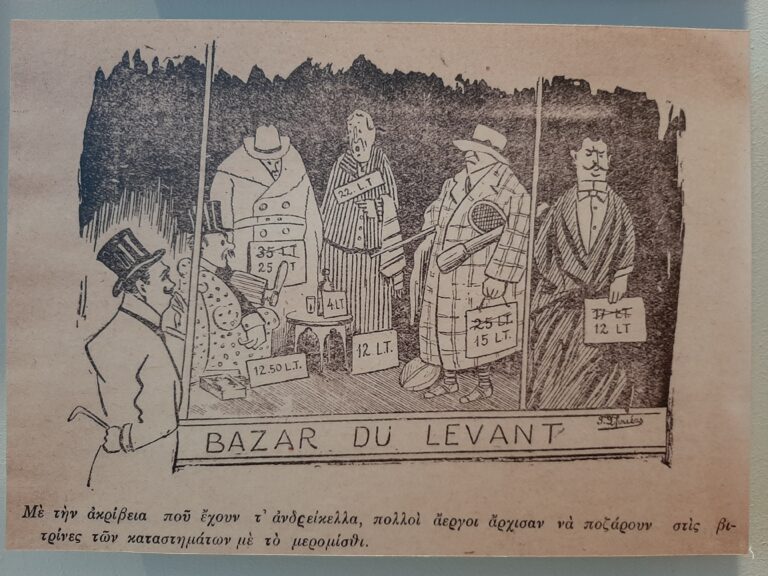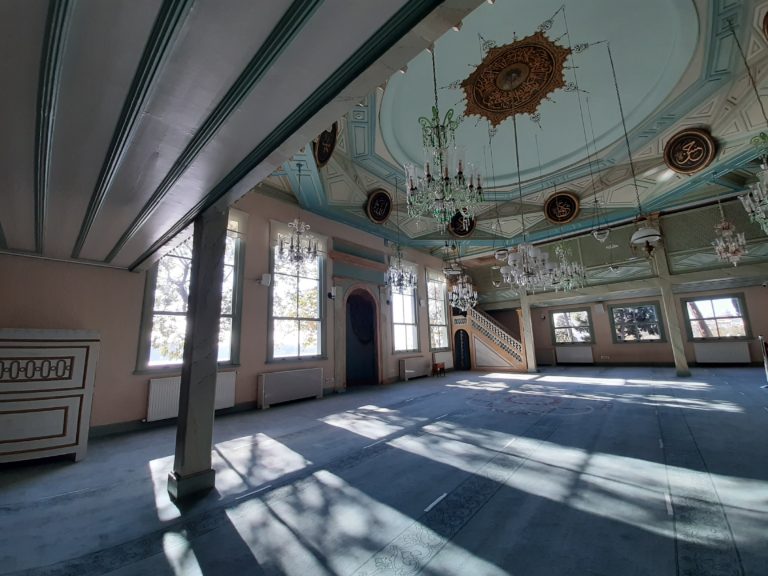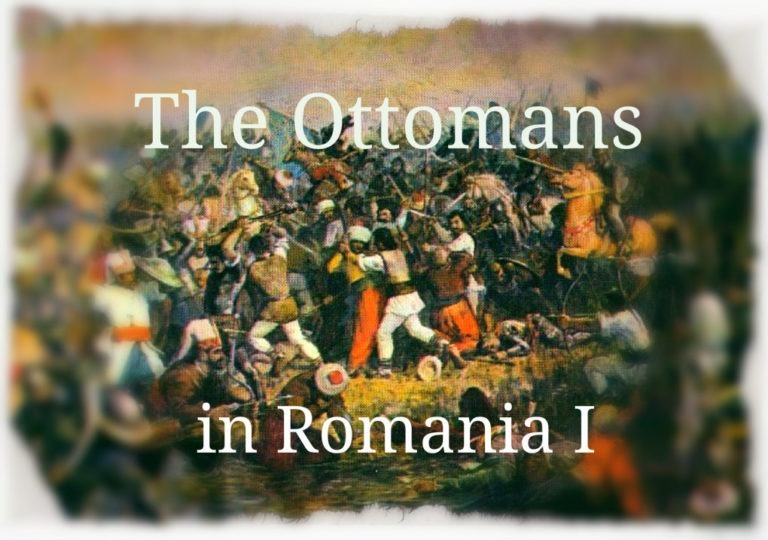Disappointing Not Constantinople
The story in Not Constantinople follows a young American couple who come to Istanbul planning to work for a few years, save money and then go back home to buy a house. Fred and Virginia’s dream comes to an abrupt halt when they return to their rented Istanbul apartment one night to find a family of Greek squatters have moved in. Due to an anomaly in Turkish law they’re claiming ownership of the property, and Fred and Virginia, the paying tenants, are unable to evict them. What follows is a tense stand-off that evolves into an uneasy alliance.
I found Not Constantinople an unsatisfying read partly because the main character is an immature and half-formed boy/man who isn’t that likeable. He lives on the edge of other people’s lives and it’s almost as if he hopes a stint somewhere ‘other’ will fill in the blanks of his personality. Virginia, like most of the women in the novel, is incompletely written and quite two-dimensional.
Istanbul is the backdrop to their story, based on carefully selected places, people and moments in time. The European side of the city features heavily, home to foreigners who prefer to experience Turkey with a Western flavour. Most of the Turks Fred and Virginia meet are American educated wealthy hipsters who like to dabble in the dark side of city life by attending gypsy gatherings while remaining safe in the arms of family money. Mention is made of the 2013 Gezi Park protests, but here they are a form of initiation for young expat men fighting for democracy armed with and protected by their foreign passports, in a kind of Boys’ Own adventure story.
Unfortunately, Not Constantinople adheres to the myth of Istanbul as an exotic city in which everyone speaks a version of English and daily life fits into a recognisable Western paradigm. The author, Nicholas Bredie, wants us to believe the city is seductive and glistening but never really backs this up with scenes in the book. He tries to ramp up the notion of the city as a strange and somewhat primitive foreign place by using literal translations of local neighbourhoods so that it reads a little like a fairy tale. The aim is for the reader think of the city as somehow alien and unknowable but it comes across as bland and mundane.
Had the author taken the time to explore just what makes Istanbul so alluringly different through better developed versions of Fred and Virginia, and written that into the pages, Not Constantinople would have been a more compelling read. As it is, the flow of the story isn’t helped by the insertion of an unfinished script intertwined with their experiences. The people in these scenes are half described and the scenes they play out confuse, rather than add to the main story.
Although it won’t join my list of favourite books set in Istanbul, Not Constantinople is far from the worst book I’ve ever read and I’m curious to know what others make of it. If you want to be one of the first to comment, click here to buy a copy of Not Constantinople by Nicholas Bredie, and then let me know your thoughts.
Title: Not Constantinople
Publisher: Dzanc Books
Date: June, 2017
ISBN: 978-1-941088-75-3
